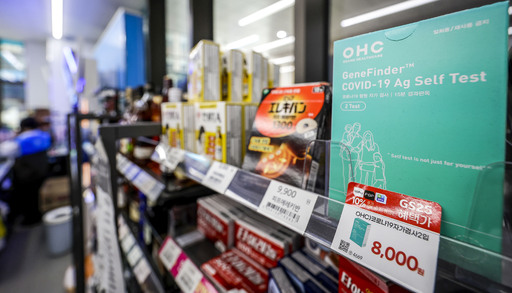
Hippocrates and Dioscorides first documented the use of St. John's wort in the 5th century BC. Believing it freed the body of evil spirits responsible for symptoms of depression, neurosis, and anxiety, the plant was widely used in ancient Greek medicine. Later, it was named St. John's wort ('wort' meaning valiant plant) in Old English, in honor of Saint John the Baptist. The flowers are said to bloom on his birthday; the red oil is his blood.
Hypericum perforatum is a tall, upright plant with bright yellow flowers. Native to Europe, Asia, and Africa, it was introduced to Australia in the 1880s. Today, farmers harvest this weed, with Australia hoping to provide up to 20% of the world's supply.
In recent decades, St. John's wort (SJ) has attracted considerable research interest. Hypericum preparations account for 25% of antidepressant prescriptions in Germany and Europe, and it is the fifth best-selling preparation in the United States for the treatment of mild to moderate depression.
Active ingredients
Siberian St. John's wort contains catechin tannins, flavonoids, quercetin, hyperforin, hypericin, hyperoside, naphthodianthrones, caffeic acid derivatives, porphyrins, and chlorogenic acid. It contains essential oils and sterols and is rich in vitamins A, C, bioflavonoids, choline, and melatonin. However, these constituents can vary considerably depending on where and how the plant is grown.
Therapeutic actions
Traditional indications for St. John's wort were neurological, including nerve pain, migraines, and sciatica. The World Health Organization cites traditional uses for bronchial and urogenital inflammation. St. John's wort offers numerous health benefits, with many interesting studies highlighting its potential.
Neurological: Research has shown that St. John's wort possesses significant pharmacological activity through several neurochemical pathways involved in mild to moderate depression. These mechanisms include inhibition of synaptic reuptake of the neurotransmitters serotonin (while upregulating serotonin receptors), norepinephrine, and dopamine, binding to GABA receptors, and inhibition of monoamine oxidase (MAO), likely due to the synergistic activity of quercetin and hyperforin.
A meta-analysis by the Cochrane Collaboration concluded that St. John's wort was significantly more effective than placebo in patients with major depression. St. John's wort was as effective as standard antidepressants (SSRIs such as Zoloft and Prozac) and had fewer side effects than pharmaceuticals.
St. John's wort is also neuroprotective, giving it a potential role in preventing dementia, Alzheimer's disease, and Parkinson's disease. Its activity in increasing melatonin in the body makes this herb useful for regulating sleep patterns, including menopausal insomnia and seasonal affective disorder.
Digestive system: Traditionally used to aid digestion, St. John's wort was tested in a trial involving women with irritable bowel syndrome (IBS). In the trial, 30 women with IBS were compared to 20 healthy women. After eight weeks of treatment with St. John's wort, results showed a significant decrease in abnormal stress responses and a significant improvement in gastrointestinal symptoms.
Anti-inflammatory: Hypericum has been shown to have significant anti-inflammatory activity through multiple critical pathways (inhibition of COX-2, NF-kB and TNF-α) and some components are more potently anti-inflammatory than indomethacin.
Antiviral: Hypericum has been shown to have effective antiviral activity and is used to treat herpes infections and possibly HIV.
Glucose tolerance: In a study of 20 healthy men, the addition of St. John's wort created a significant increase in insulin responses (improved glucose tolerance), independent of the diabetes medication administered to induce insulin resistance.
Quitting smoking: A 14-week study of 20 long-term smokers found that St. John's wort was more effective at quitting smoking than nicotine replacement therapy, with only 25 percent still smoking compared to 37.5 percent in the nicotine trials.
Skin healing: A randomized, placebo-controlled clinical trial was conducted on 21 patients with atopic dermatitis. The reduction in symptoms after four weeks of applying St. John's wort cream was far superior to a placebo in reducing severity.
Precautions and contraindications
Overall, side effects of St. John's wort are quite rare. Some people may become very photosensitive (producing an unpleasant red rash when exposed to the sun) when consuming St. John's wort, especially in high doses or with prolonged use.
The main concern with St. John's Wort is its potential for adverse interactions with various essential medications, as it can significantly reduce prescribed doses. Never use St. John's Wort with other medications unless under the close supervision of a qualified practitioner. Taking St. John's Wort with SSRIs can cause serotonin syndrome and decrease blood levels of tricyclic antidepressants.

